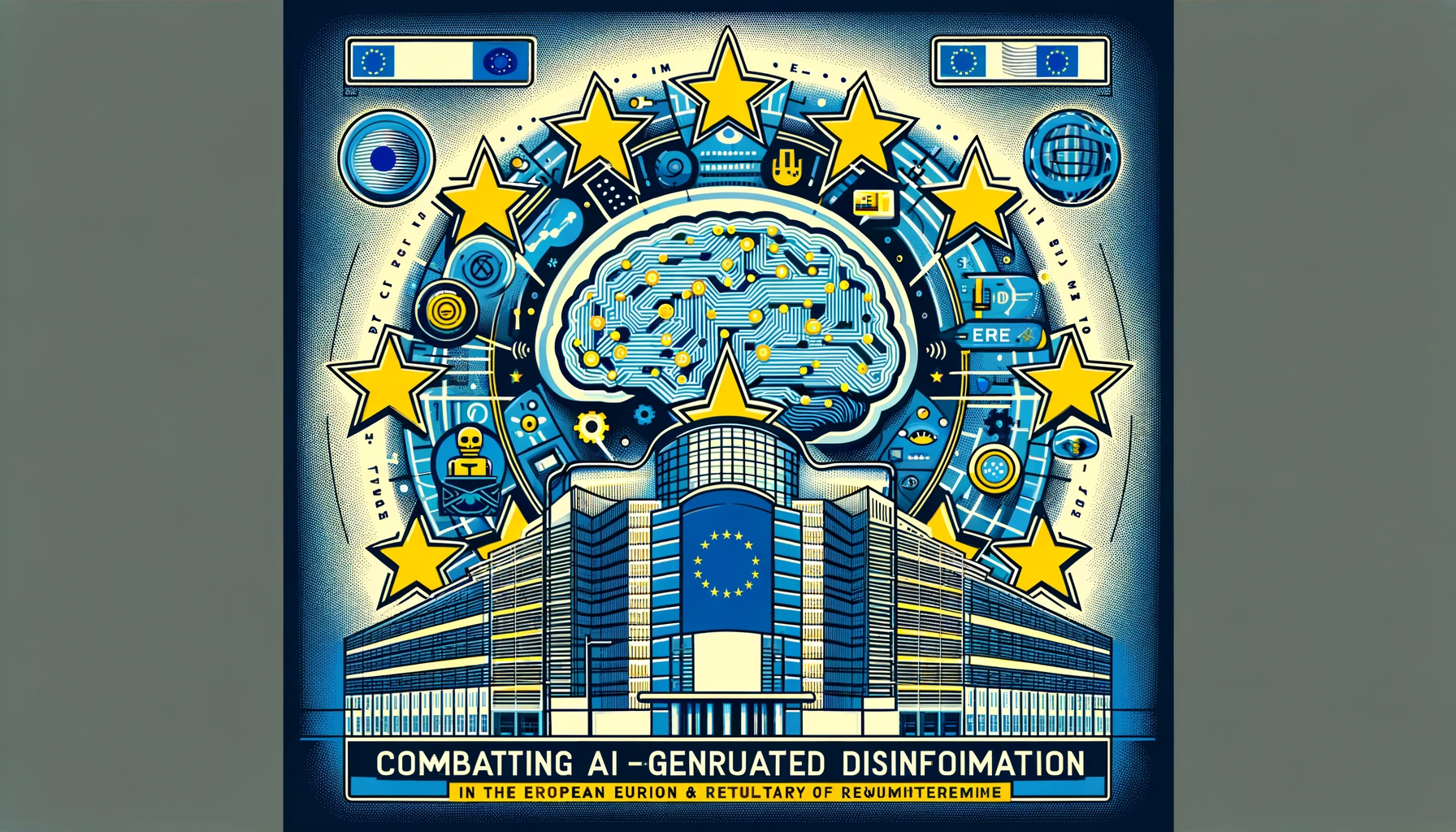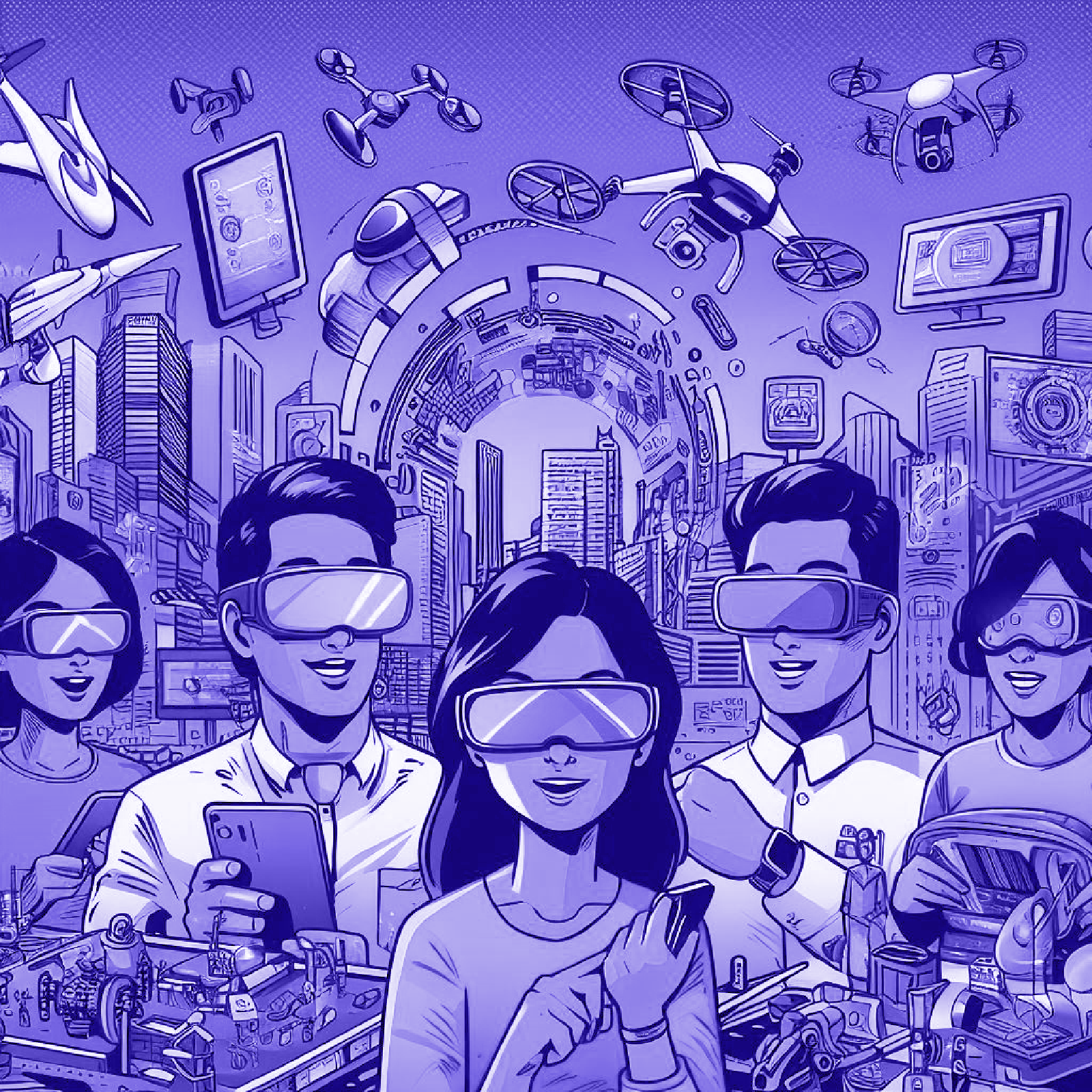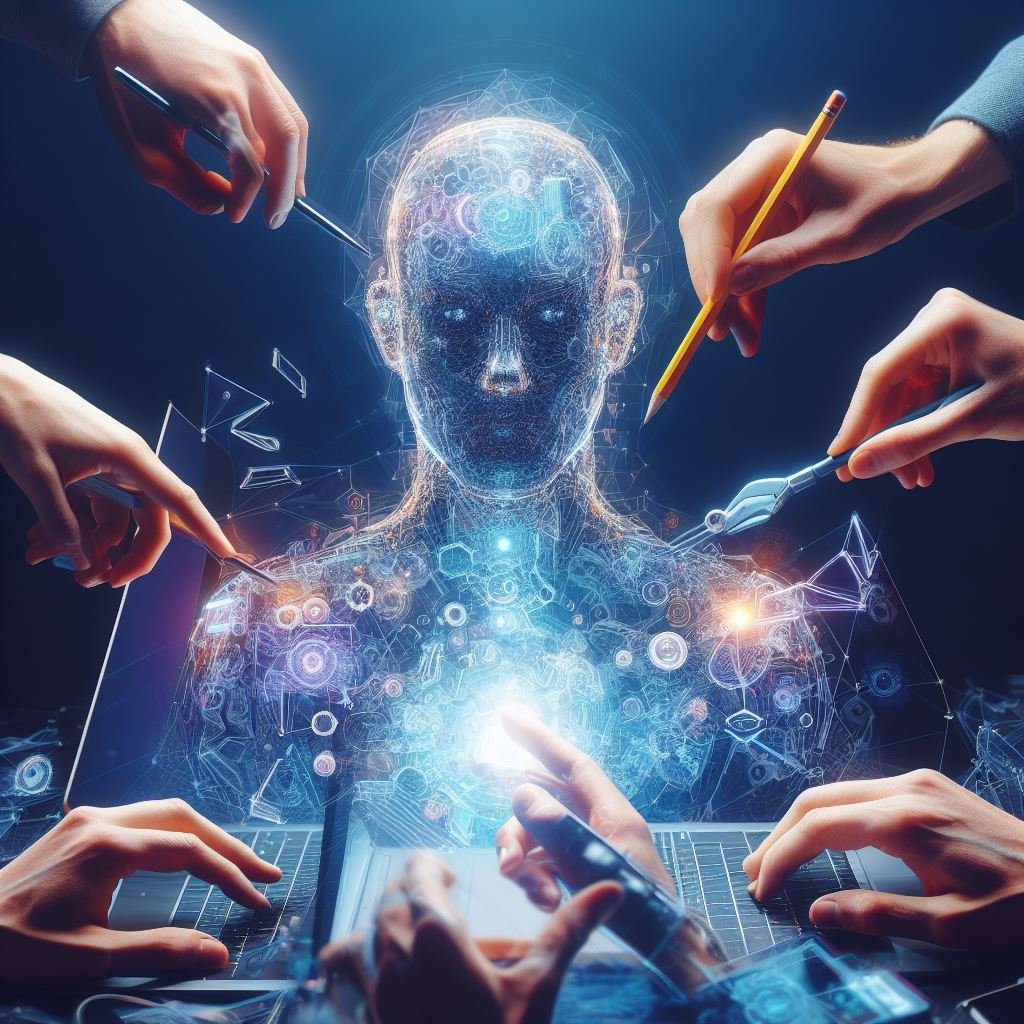In recent weeks, the European Commission has accelerated efforts to control content generated by artificial intelligence (AI). The pace has quickened to such an extent that there is some confusion about who is proposing what, in what format, and by when: whether it’s a global voluntary code of conduct, a preliminary agreement to legislation in the process of approval — the AI Act currently under negotiation in the European Parliament — or, just this Monday, a commitment by digital platforms to immediately and clearly identify content generated by AI to combat disinformation. Despite the confusion, one thing is clear: in Brussels, there is significant concern about the potential "dark side" of these new technologies, particularly generative AI like ChatGPT, and efforts are being hastened to try to regulate it.
“New (generative) AI technologies can be a force for good and offer new possibilities for increasing efficiency and creative expression. But they also have a dark side: they pose new risks and potential negative consequences for society in terms of creating and spreading disinformation,” explained Vera Jourová, Vice-President of the European Commission for Values and Transparency.
Source: El País





